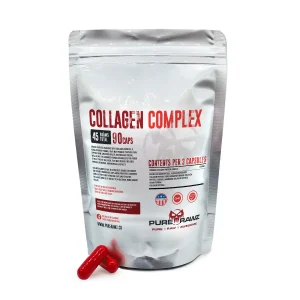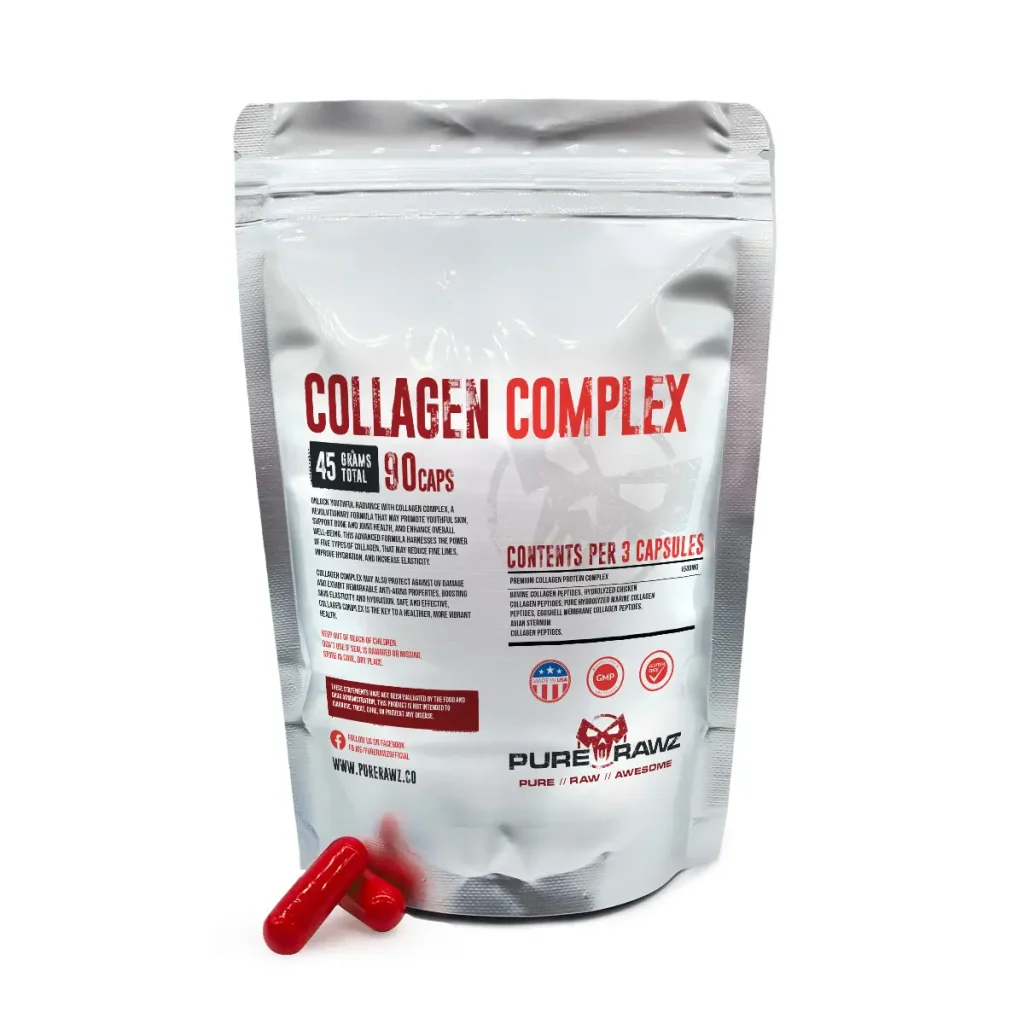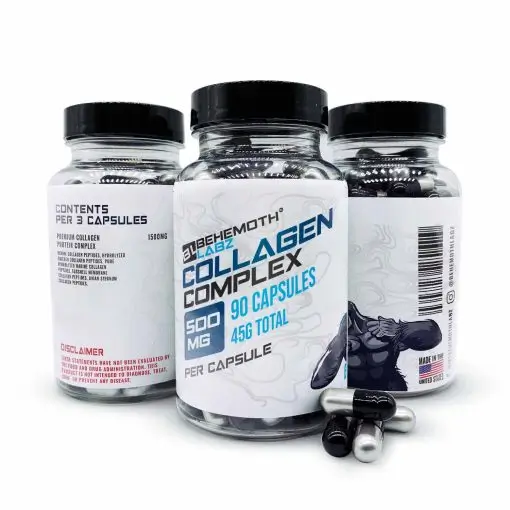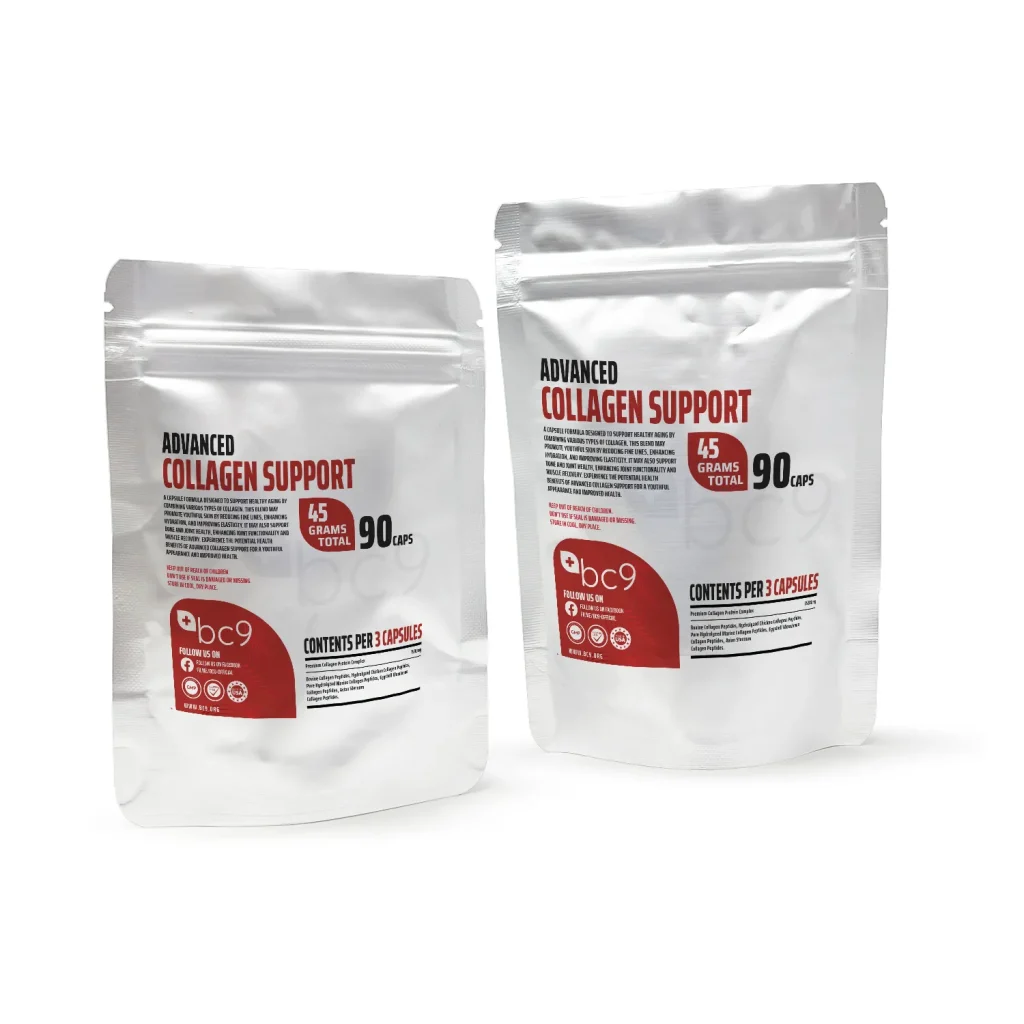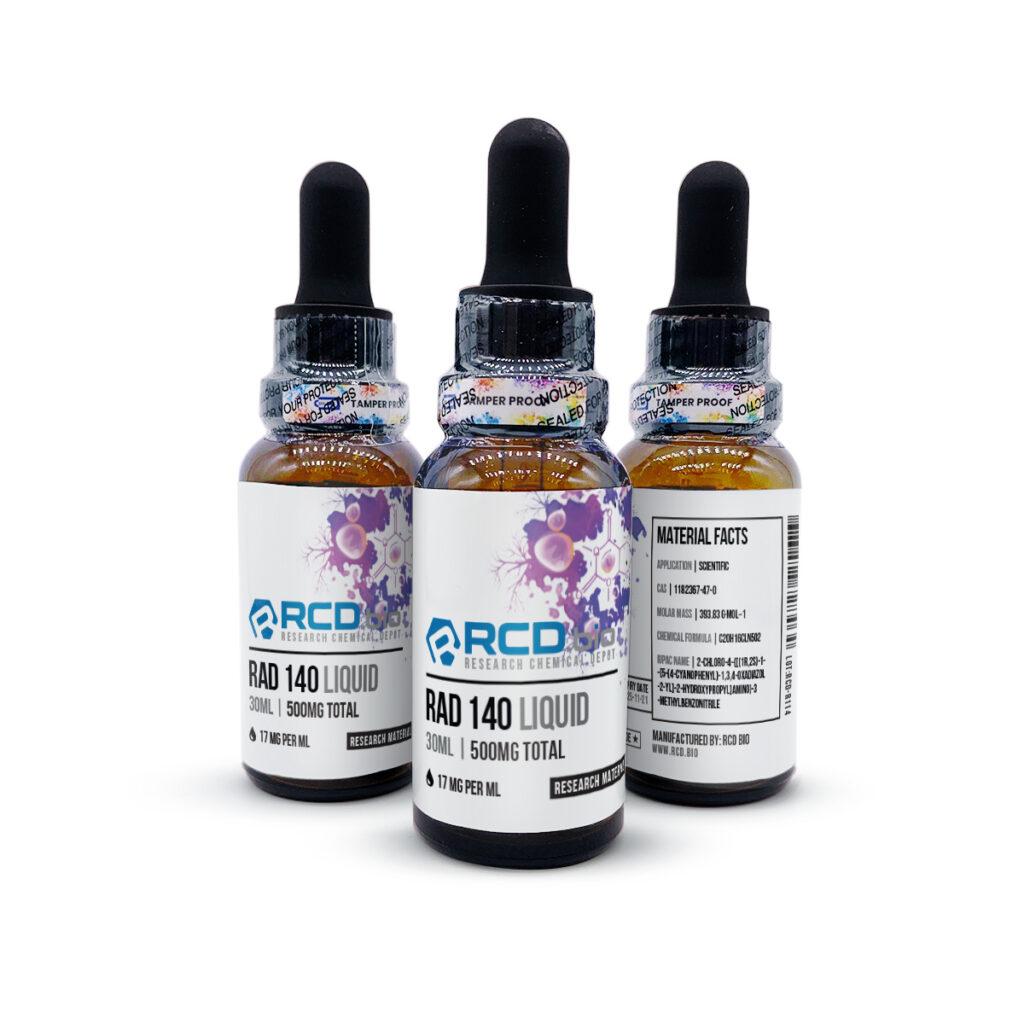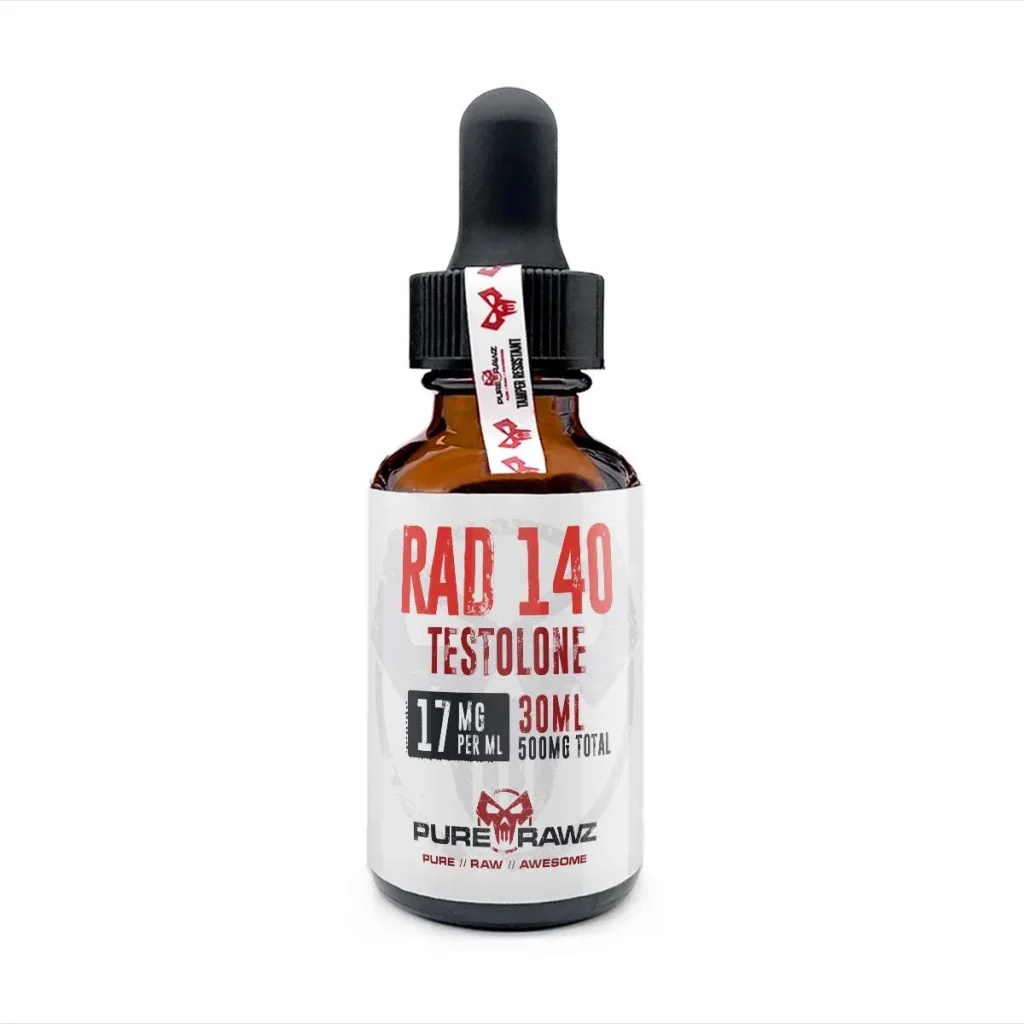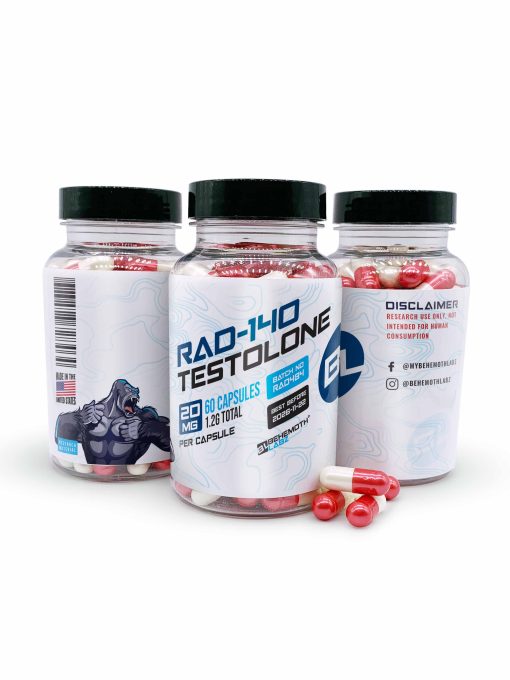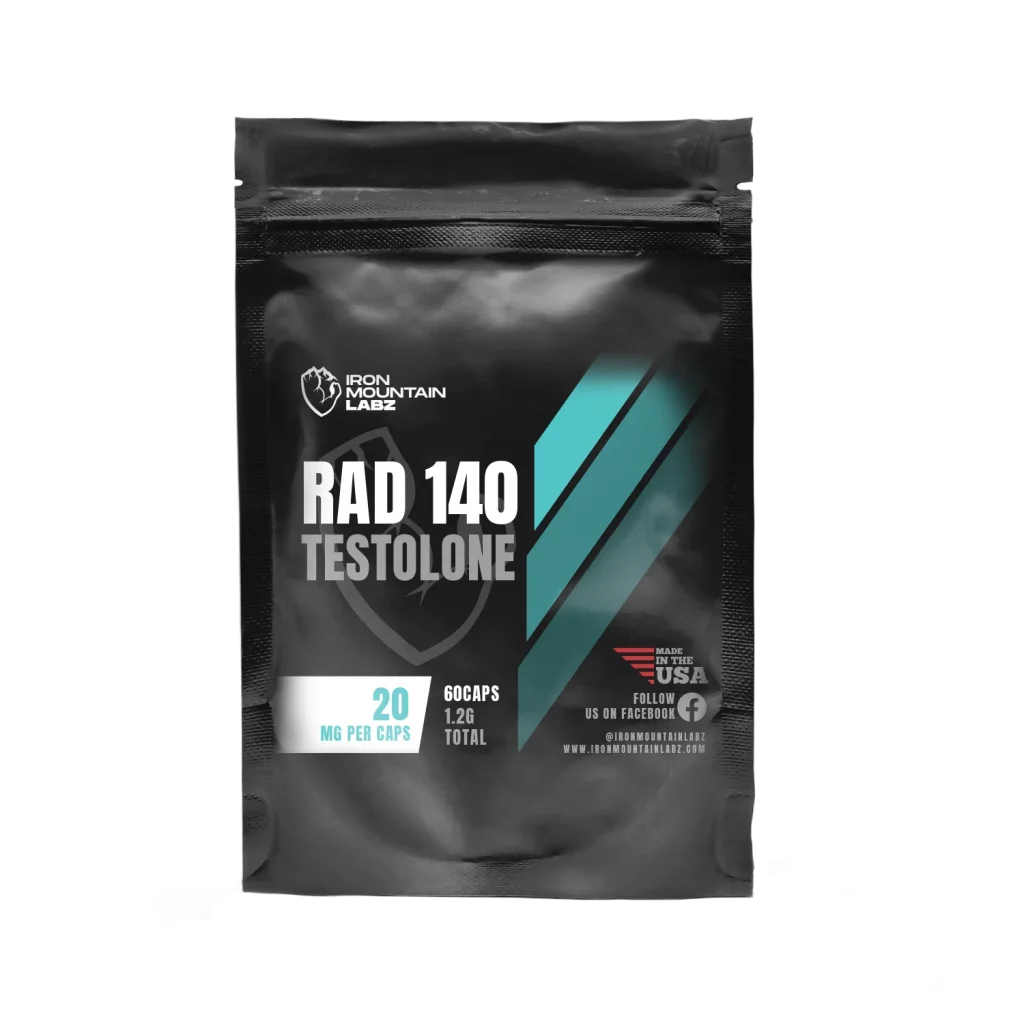Collagen is often called the body’s “glue.” It holds together skin, bones, cartilage, and connective tissue. But collagen production in the human body naturally slows down with age. This is why many people turn to collagen supplements, especially collagen peptides (hydrolyzed collagen), to support skin, joints, and muscles.
Still, one question remains: What is the best time to take collagen peptides for optimal results? Let’s explore what research says.
What is Collagen and Why Does It Matter?
Collagen is the most abundant protein in the human body. It makes up about 30% of all the protein. It plays a vital role in maintaining:
- ➢ Skin elasticity and hydration
- ➢ Cartilage, tendons, and joints (connective tissue)
- ➢ Bones and muscles
- ➢ Hair and nails
There are many types of collagen, but the three most studied are:
- ➢ Type I collagen – found in skin, bones, tendons (the strongest form)
- ➢ Type II collagen – found in cartilage and important for joint recovery
- ➢ Type III collagen – found in muscles, blood vessels, and organs
Collagen Peptide Benefits
Several studies show why collagen supplementation has become popular. For example, research published in the Journal of Drugs in Dermatology reported that hydrolyzed collagen improved skin hydration, elasticity, and dermal collagen density. [R]
In another study shared in Nutrients, athletes who took collagen peptides for 12 weeks experienced less joint discomfort and better physical performance. [R]
There is also evidence from the European Journal of Nutrition that collagen peptide intake combined with resistance training promoted muscle strength and improvements in body composition, similar to how different types of peptides are studied for performance and recovery benefits. [R]
These findings suggest collagen intake may support skin, joints, bones, and muscles, especially with consistent use.
Best Time to Take Collagen Peptides
What’s the best time to take collagen peptides for results?
So far, no strong evidence shows that one timing is significantly better than the other. Some nutrition experts suggest that taking collagen on an empty stomach may help it absorb more quickly, since the amino acids are not competing with other foods during digestion. On the other hand, others explain that taking collagen with meals is also effective, because the body’s digestive system is already active at that time.
What most experts agree on is that consistency matters far more than the time of day. Whether taken in the morning, afternoon, or evening, regular use seems to make the biggest difference.
Morning vs Evening Collagen: Which is Better?
Should collagen be taken in the morning or before bed? Both options have benefits.
- ➢ Morning collagen – Easy to mix with coffee, tea, or a hot cup of chocolate. It also pairs well with vitamin C-rich foods like citrus fruits, bell peppers, or leafy greens. Vitamin C supports collagen synthesis, so morning routines can be convenient.
- ➢ Evening collagen – The body naturally repairs itself during sleep. Taking collagen before bed may support this overnight repair process in muscles, joints, and skin.
In short, both morning and night can work. The best time depends on individual health goals and lifestyle.
Collagen Peptide With or Without Food?
Collagen supplementation does not strictly require food. However, pairing collagen with vitamin C enhances collagen synthesis.
For instance, a study reported in the International Journal of Cosmetic Science highlighted that vitamin C is essential for collagen formation in skin. This is why adding collagen to a smoothie with leafy greens or citrus fruits may help achieve results. [R]
Diet, Lifestyle, and Collagen Production
Collagen supplementation works best when combined with a well-balanced diet and a good lifestyle.
- ➢ Collagen-rich foods: bone broth, chicken skin, fish, and eggs
- ➢ Foods rich in vitamin C: citrus fruits, bell peppers, leafy greens
- ➢ Other nutrients: zinc and copper help collagen synthesis
- ➢ Lifestyle: enough sleep, less stress, and less smoking or alcohol protect collagen in the body
Exercise also plays a key role. Collagen taken alongside resistance training was shown to support muscle strength and joint recovery. [R]
Potential Side Effects and Safety Considerations
Collagen supplementation is considered generally safe. Still, some people may notice mild digestive issues such as bloating or discomfort.
Marine collagen, which comes from fish, should be avoided by individuals with seafood allergies.
A review shared in Food Science & Nutrition explained that collagen peptides are well-tolerated, with very few reports of adverse effects. [R]
Find The Best Prices For Collagen
Conclusion
There is no single “perfect” best time to take collagen peptides. Morning, night, with food, or on an empty stomach. All can work. What truly matters is daily routine and consistency.
Collagen absorption and effectiveness also depend on vitamin C intake, diet, and lifestyle. Studies show visible benefits after 8 to 12 weeks of regular use, especially for skin elasticity, joint recovery, and muscle support. [R]
Think of collagen as a long-term investment for health goals rather than a quick result supplement.
Frequently Asked Questions
What is the best time of day to take collagen peptides?
Anytime. The important thing is to take collagen consistently.
Should you take collagen on an empty stomach?
Some prefer it, but both on an empty stomach and with food can be effective.
Can you take collagen with coffee or tea?
Yes. Hydrolyzed collagen is heat-stable, so it mixes well with coffee, tea, or even hot chocolate. [R]
How long does it take for collagen to start working?
Most studies show results after 8 to 12 weeks of daily collagen supplementation.
Do you need to take collagen every day?
Yes. Collagen works best when it is part of a daily routine.
Is it better to take collagen in powder, liquid, or capsule form?
All forms are effective. Collagen powder is the most popular for mixing with drinks.
Does collagen work better with Vitamin C?
Yes. Vitamin C is necessary for collagen synthesis. Pair collagen with citrus fruits, bell peppers, or leafy greens. [R]
Can you mix collagen with protein powder?
Yes. This provides more amino acids and can support body composition and muscle strength.
What happens if you stop taking collagen?
The benefits slowly fade, and the body continues its natural collagen decline with age.

